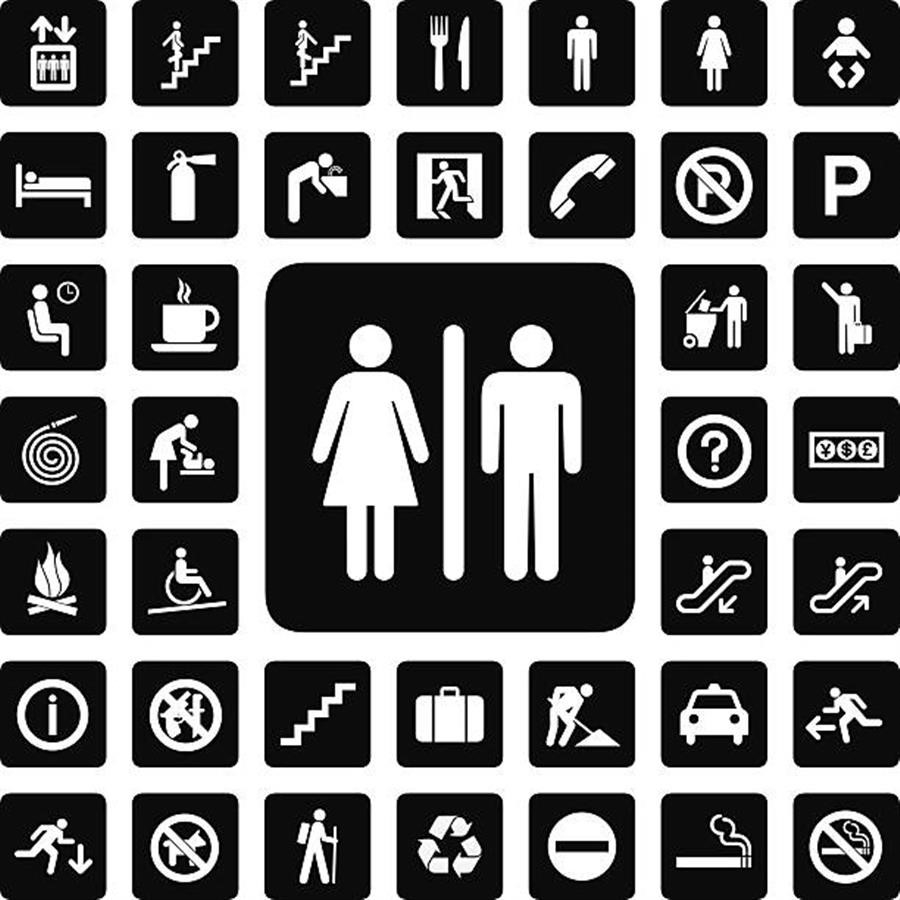Sole custody: this means that one parent has the full legal responsibility for the children, including decision making. Most often the other parent will have access, possibility a lot of access, but the parent with sole custody can make all the decisions relating to the child, except decisions that would affect the other parent’s access, without consulting with the other parent. If the custodial parent wants to move or change access, she has to either get the consent of the access parent or go to court to get an order. The access parent has the right to be kept informed about the child’s education and health.
Joint custody: this means that the parents share decision-making responsibilities for the children. The kids may still live most of the time with one parent and have access with the other-joint custody does not necessarily, or even commonly, mean time is shared equally. Shared decision making can work different ways-all decisions are shared, each parent has responsibility for making decisions for specific things (e.g. education, health care, religion, recreation, etc.) or each parent is responsible for making decisions while the children are with him/her.
Shared custody/shared parenting: this term refers to the way in which time with the children is shared and is used most often to describe arrangements where the kids spend roughly equal amounts of time with each parent.
Primary residence: is the term used to describe the home where the children spend most of their time.
Bird’s nest orders: this term is used to describe arrangements in which the children stay in the family home and the parents rotate in and out according to the custody/access schedule.
Access: this is the term used to describe the time the non-custodial parent spends with the children. It can be left wide open for the parents to decide on an ongoing basis, scheduled, or supervised.



